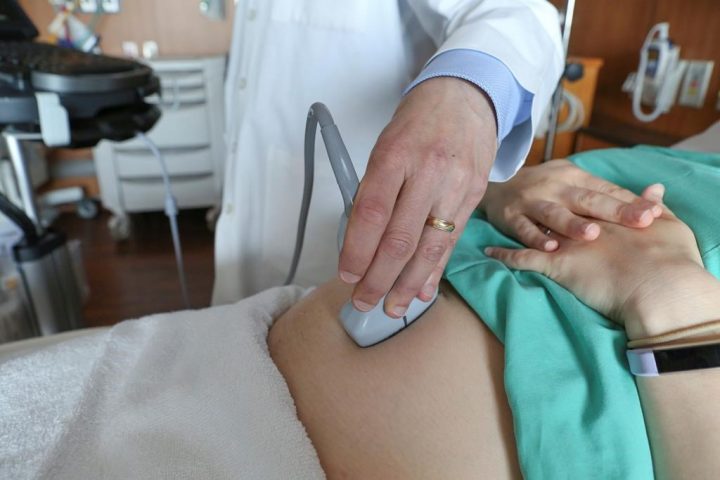B.C.’s top doctor says it is still safe for people to try and conceive a child amidst the novel coronavirus pandemic.

Provincial health officer Dr. Bonnie Henry says there is no evidence to indicate the virus can be transmitted through sexual contact.
“We know that it is shed in the stool in some people,” Dr. Henry said.
The province is also watching the potential effects of the virus on pregnancy. Dr. Henry says there is a group of health officials at B.C. Women’s Hospital monitoring the situation and looking at the clinical assessments that have been done around the world.
“It doesn’t seem that pregnant women are more susceptible to being infected. It doesn’t seem that it is transmitted to the fetus at this point,” Dr. Henry said.
- Canadian man dies during Texas Ironman event. His widow wants answers as to why
- ‘Sciatica was gone’: hospital performs robot-assisted spinal surgery in Canadian first
- Canadians more likely to eat food past best-before date. What are the risks?
- Treatment from female doctors leads to lower death rates, study finds
“Women’s Hospital and the obstetricians around the province have been working together to make sure that everybody who will be delivering in the next few months is able to do so safely in the best place that they can. And for many women, that will be in a hospital in the province.”
Dr. Deborah Money, a gynecologist obstetrician at BC Women’s Hospital and one of the leading obstetricians in the country, is leading the work being done on this issue.
The province is looking at best practices around the world and the best way to clinically manage people.
There are growing concerns from pregnant women of delivering at a hospital. There have also been some restrictions put in place at many hospitals around who can accompany a pregnant woman into the hospital for delivery.
“People in pregnancy, particularly people in their third trimester, who are at risk of this, are priority for testing, for example, because they will be inevitably in hospital at some point in the near future,” Dr. Henry said,
“Those are things that we’ve put in place.”





Comments